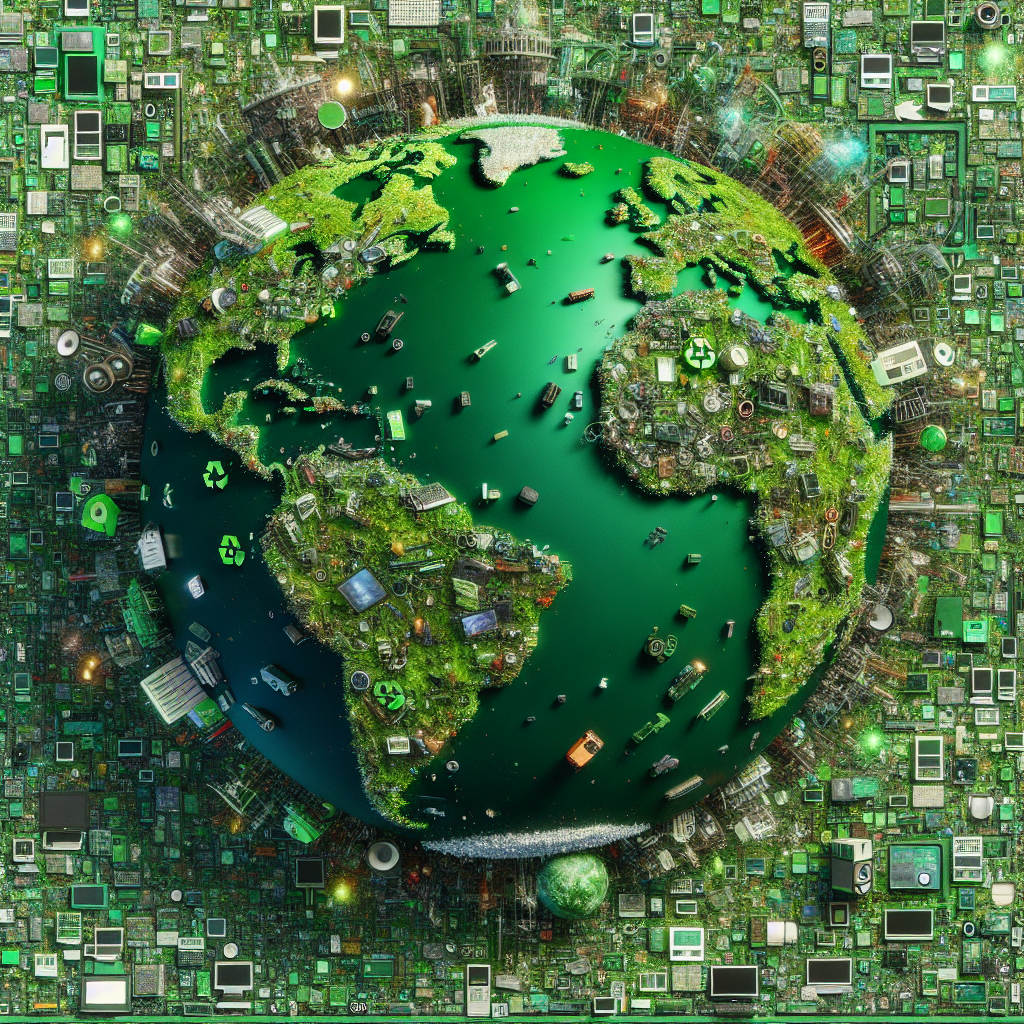Blog Ecobraz Eigre

Global panorama of electronics recycling: where Brazil stands in 2025
Global Overview of Electronics Recycling
The growing volume of electronic waste (WEEE) worries the world, given the environmental impact and the recovery of the materials contained in these items. In 2023, the Global E-waste Monitor indicates that 57.4 million metric tons of electronics were discarded globally, with an average recycling rate of less than 20%. Advancing public policies and recycling technologies is essential to mitigate environmental risks and recover strategic materials.
International Regulations and Initiatives
European Union countries and Japan stand out for their advanced legislation, such as the European Directive on Waste Electrical and Electronic Equipment (WEEE) and Japan's WEEE Management Plan, respectively, which impose shared responsibility on generators and recipients. These measures promote high collection and reuse rates, as well as encouraging the circular economy.
Brazilian Context in 2025
In Brazil, the legal framework is supported by Law No. 12.305/2010 (National Solid Waste Policy - PNRS) and detailed in the National Solid Waste Management Information System (SINIR). CONAMA Resolution 401/2008 defines criteria for the management of WEEE, applied in conjunction with sectoral agreements. However, there are still significant challenges related to collection and proper disposal, reflecting a rate of less than 5% of formal recycling according to data from the SINIR.
Operational and Technological Challenges
Brazil has limited infrastructure for large-scale recycling, resulting in high informality and operational risks. Technological advances in desoldering, material separation and data sanitization processes, including the safe disposal of hard drives and media (electronic scheduling), need to be expanded to meet growing demands and information security.
Importance of Efficient Collection
Qualified collection programs, such as those encouraged by ecobraz (eletronicos agendamento), are fundamental to guaranteeing reverse logistics and proper processing. The active participation of public managers and purchasing sectors makes regulatory compliance and environmental impact mitigation possible.
Prospects for 2025 and Recommendation
It is hoped that regulatory progress and investments in recycling technologies, together with the strengthening of SINIR, will raise Brazil's formal recycling rate to levels close to 15% by 2025. Adopting advanced collection practices, proper disposal and the safe sanitization of media is imperative for compliance and sustainability in the country.

Deixe um comentário
O seu endereço de e-mail não será publicado. Campos obrigatórios são marcados com *